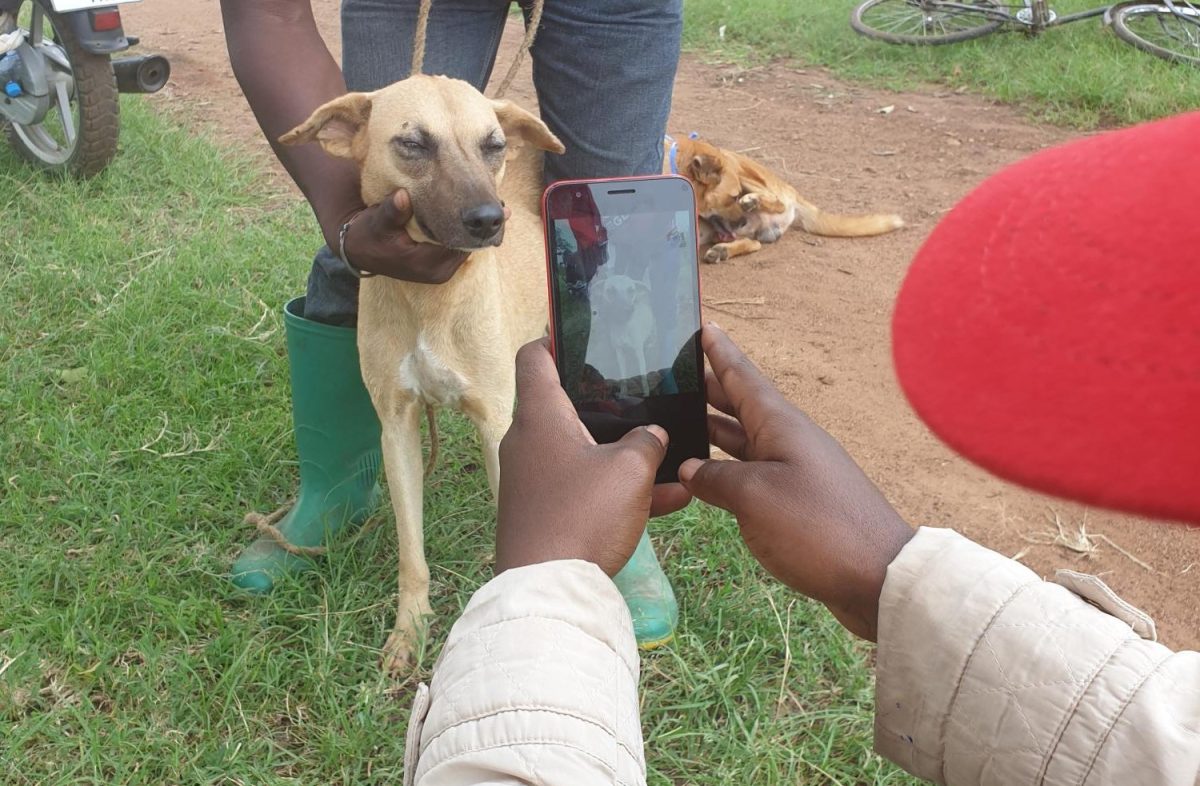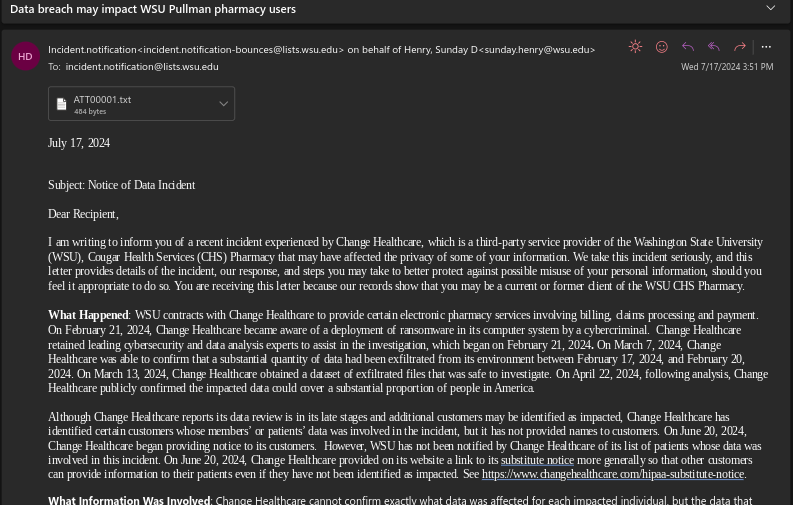Researchers at Washington State University created a new facial recognition application for dogs that can help slow the spread of rabies. These researchers traveled to rural Tanzania as a part of a program called Rabies Free Africa, to test the effectiveness of the app.
According to an article published in Scientific Reports about the study being done, the team used the new technology to track 534 dogs and registered which dogs have been vaccinated and which ones have not through the facial recognition technology.
“I came up with the idea over a beer one night whilst thinking about the problem of how difficult it is to identify vaccinated dogs in the field – collars get lost, tattoos are painful and take a while to do and are not practical in the field, microchips are expensive and needs special equipment,” Associate Professor Felix Lankester, the main researcher and investigator for this study, said.
According to the The Center for Disease Control and Prevention, approximately 60,000 deaths are caused by rabies per year, with the most common cases being in rural areas of Africa and Asia.
To stop the endemic of rabies, vaccines are suggested to be administered to a majority of dogs to prevent the spread of the virus; this application has the opportunity to make a difference in stopping the spread and keeping information about animals organized, Lankester said.
The technology developed uses different filters for gender, age, color, breed and what village a dog is from in order to properly track what animals they have vaccinated. The team has helped to administer rabies vaccinations to around 1,500 dogs throughout nine different villages in Tanzania, where they were able to track a portion of them through the app, Lankester said.
In the development of the application, there were changes made to the software that made it easier for areas without internet access to be able to use the app and its resources, Lankester said.
“I was thinking that there had to be a way to do this and wondered whether facial recognition had been used with dogs. A quick internet search showed me that there had been no research that I could find on this except for one organization in Vancouver called PiP My Pet who had developed the technology for finding lost pets,” Lankester said. “I contacted them, and the CEO Philip Rooyakkers loved the idea that their technology could benefit rabies control and he offered to partner with us on the development of the app.”
There is a lot of potential for this app because the importance of quick identification in animals is vital to eliminate the spread of a virus, Lankester said. The team believes there are some improvements that could be made to further the effectiveness of the app and are continuing to make changes to some features, such as improving image quality.
Lankester said he believes this app has the possibility to serve other disease prevention purposes as well as the possibility for farmers to keep track of livestock.
“A lot of times in rural places you don’t have a hospital near by, for when people get bit so it is a very real problem.” Santana Bose, a viral infection researcher at WSU said.
Bose said that he believes this facial recognition technology is the way to go because of it is efficacy at tracking dogs in rural areas.
“Most other ways of tracking stray animals such as drawing blood, giving collars or tags to animals, or using micro-chips are not always effective so this technology may really make a change,” Bose said.













Greg • Feb 20, 2024 at 5:10 pm
Excellent, extremely well written article. The battle against rabies is crucial!